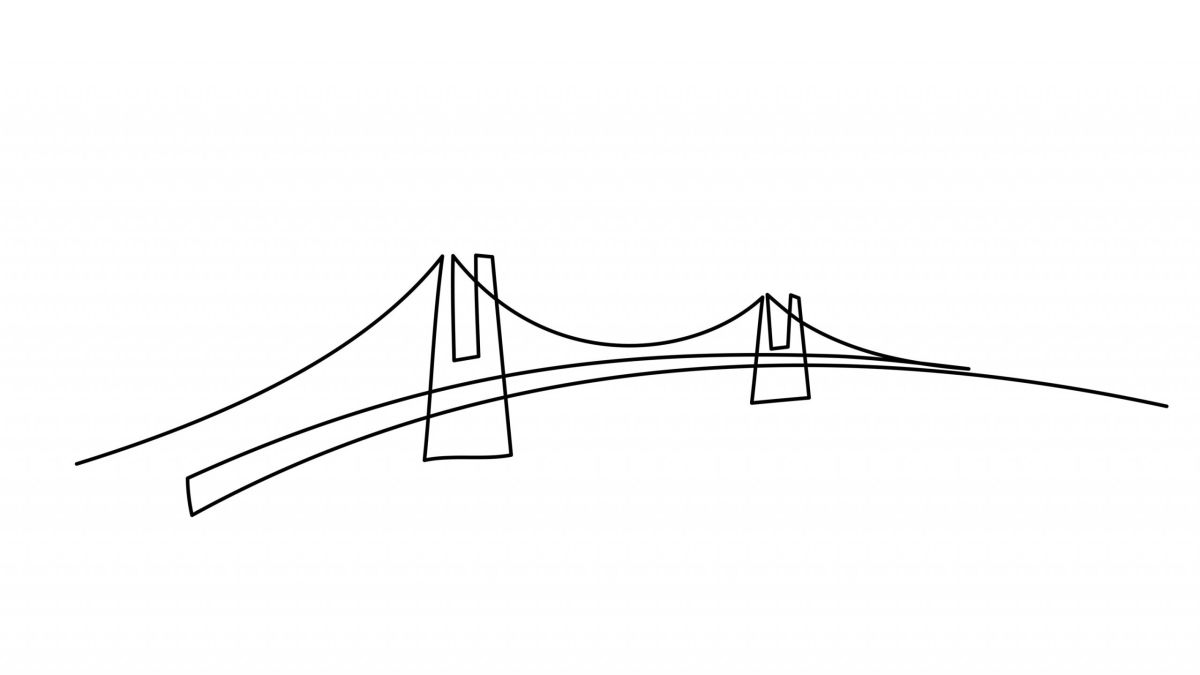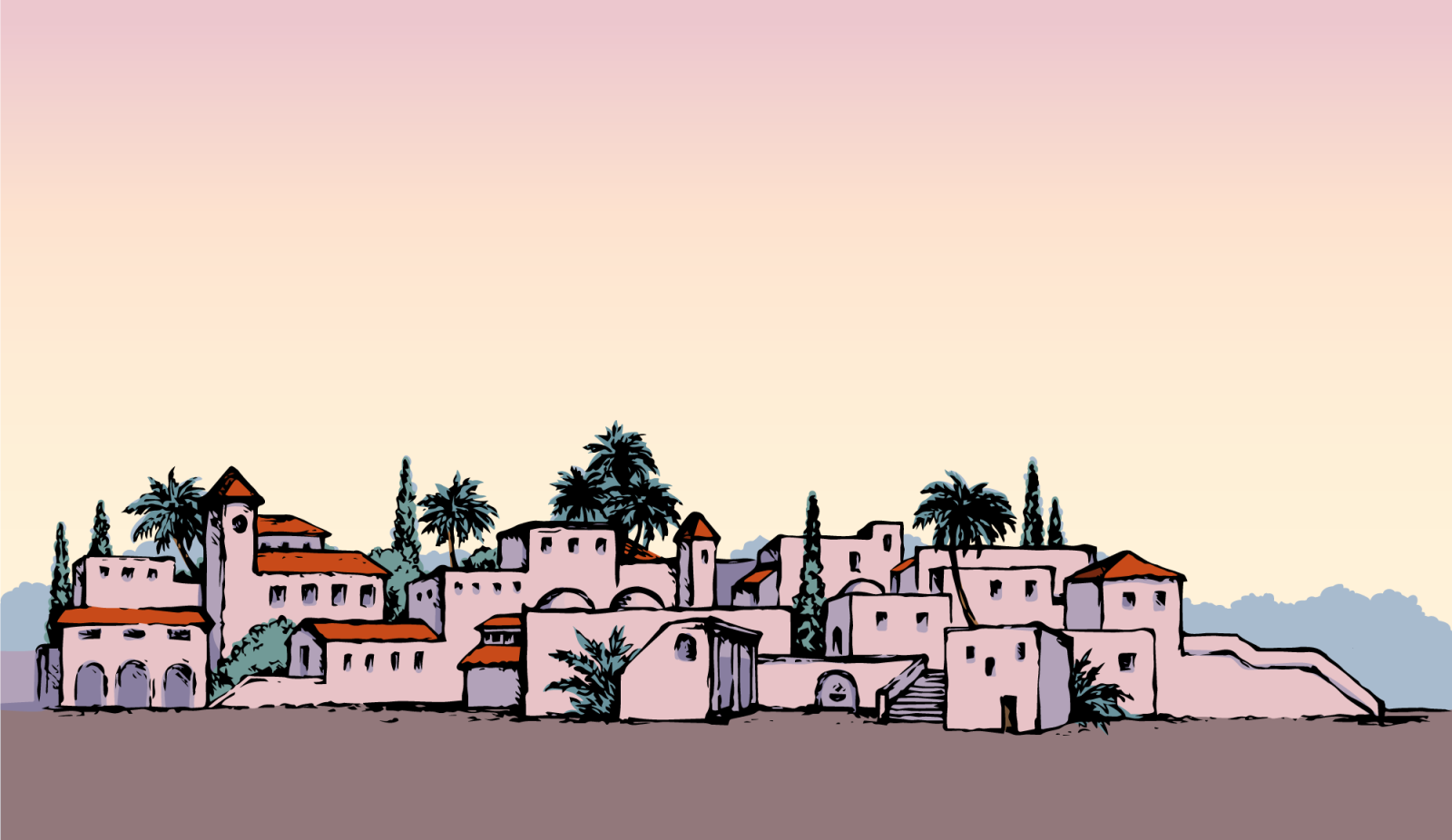The Believer’s Existence in This World
Al-ʿAllāmah Muḥammad Ibn Ṣāliḥ al-ʿUthaymīn


On the authority of Ibn ʿUmar (raḍī Allāhu ʿanhumā) who said, ‘The Messenger of Allāh (ﷺ) took me by my shoulders and said: ‘Be in this world as if you are a stranger or a wayfarer.’’
And Ibn ʿUmar (raḍī Allāhu ʿanhumā) used to say: ‘If you reach the evening, then do no wait for the morning, and if you reach the morning, then do not wait for the evening. And take (advantage of) your health before times of sickness, and take (advantage of) your life before your death.’
Shaykh Ibn ʿUthaymīn (raḥimahullāh) explained:1
“The fortieth ḥadīth (of al-Nawawī’s ‘al-Arbaʿīn al-Nawawiyyah’): On the authority of Ibn ʿUmar (raḍī Allāhu ʿanhumā) who said:
‘The Prophet (ﷺ) took me by my shoulders’
Meaning: he took hold of the two shoulders so he could attract his (Ibn ʿUmar’s) attention that he may memorise what he said.
Then he said to him,
‘Be in this world as if you are a stranger or a wayfarer.’
Meaning: A stranger is one who resides in a land whilst not being from its people. A wayfarer is one who passes by a land while travelling by foot. And the like of those, ‘I mean the stranger or the wayfarer’ does not take that land as being a lasting residence, because he is a traveller.
This admonition affected ʿAbdullāh Ibn ʿUmar (raḍī Allāhu ʿanhumā), and for this reason, he used to say,
‘If you reach the evening, then do not wait for the morning, and if you reach the morning, then do not wait for the evening.’
Meaning:
If you have reached the evening, then do not say: ‘I will remain until the morning.’ How many people have reached the evening without reaching the morning? And likewise, his saying, ‘And if you reach the morning, then do not wait for the evening.’ And how many people reached the morning without reaching the evening? And Ibn ʿUmar’s intent regarding this is that mankind seize the opportunity to do righteous deeds so that he does not lose his time in this world whilst he does not realise it.
Ibn ʿUmar continued by saying,
‘And take (advantage of) your health before times of sickness.’
Meaning: Hasten (towards good) during times of health before illness (befalls you). For verily, a person (finds) that as long as he is healthy, it is easy for him to carry out deeds. This is because he is in good health, well pleased and fully capable, and one who is sick will find that he is constrained, is not fully capable, and that it is not easy for him to carry out deeds.
And finally,
‘And take (advantage of) your life before your death.’
That is: Seize the opportunity of life as long as you are alive before you die, because when a person dies, his deeds will cease; this has been authentically related from the Prophet (ﷺ) when he said:
“When a person dies, his deeds will cease except for three: Charity that continues to benefit others after it has been spent, or knowledge that is benefited from, or pious offspring that prays for him.”’
From the benefits of this ḥadīth:
- That someone should not make this world his principle place of settlement on account of Ibn ʿUmar’s saying: ‘Be in this world as if you are a stranger or a wayfarer.’
- That it is imperative for every sane and discerning individual, as long as he is alive and his health is ample, to persist in carrying out good deeds before he dies and his deeds cease. And from the benefits of this ḥadīth are that it is necessary for an instructor to create the means that will catch the attention of the one who is being addressed, because the Prophet (ﷺ) took ʿAbdullāh Ibn ʿUmar (raḍī Allāhu ʿanhumā) by the shoulders.
- The virtue of ʿAbdullāh Ibn ʿUmar (raḍī Allāhu ʿanhumā) wherein he was deeply moved by this admonition from the Messenger of Allāh (ﷺ).”
Endnotes:
- Sharḥ al-Arbaʿīn al-Nawawiyyah: 462-465
Most Popular: Last 30 Days















